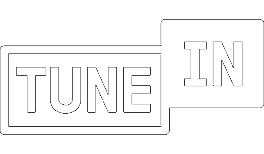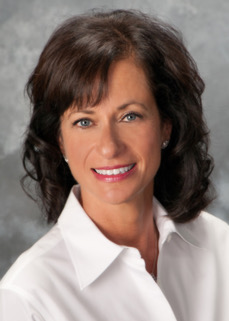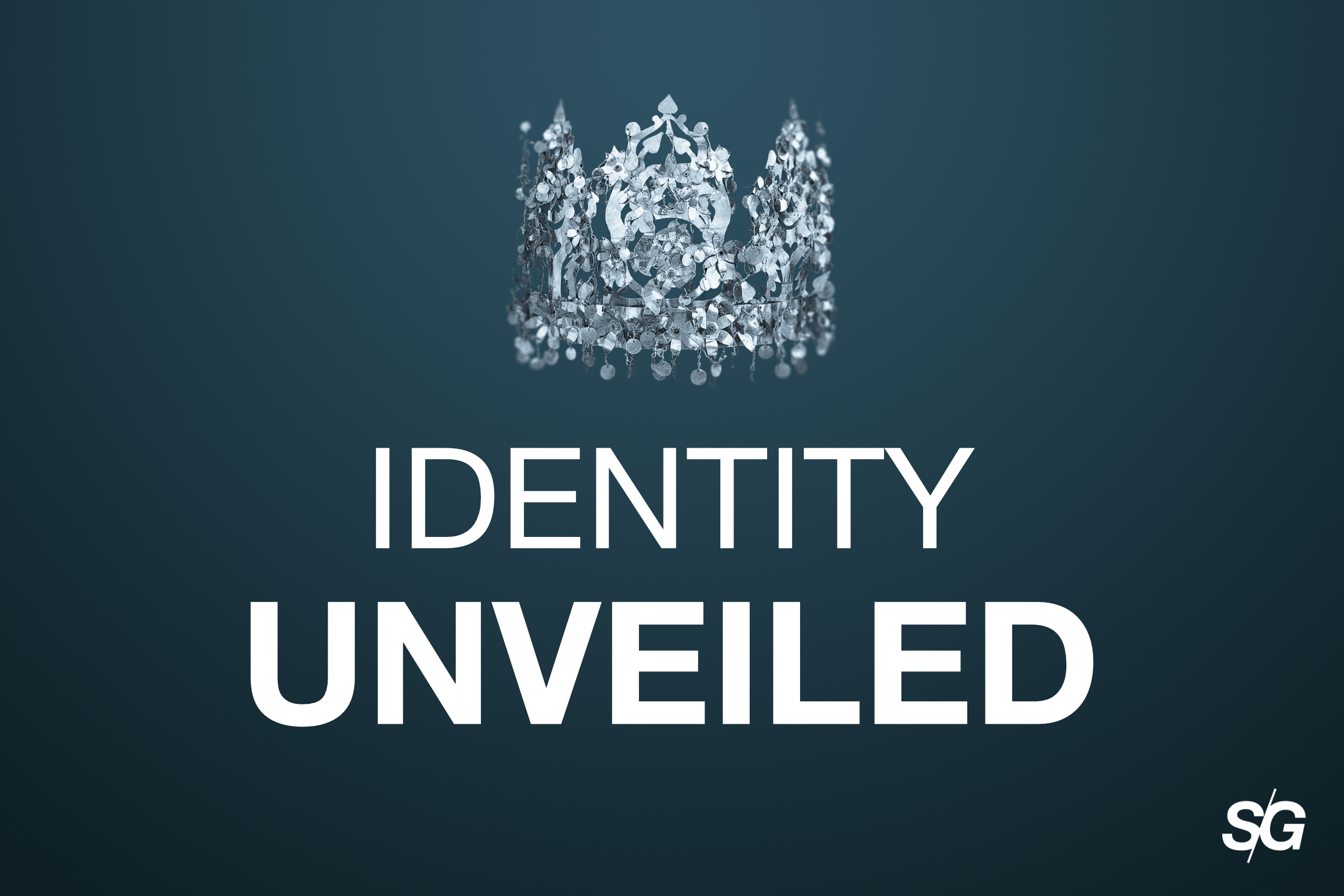Also Available On






Podcast Transcript
This is Shirene Gentry with the Identity Unveiled podcast. Today’s topic is DNA and DIVERSITY.
Have any of you taken a DNA test? I took one two years ago. The holidays delayed the normal turnaround time, so it was the first week in February when I discovered the results. Initially, my results showed 96.4% Persian. A few months later my data was updated to show a result of 99.3% Persian.
This podcast will address two concepts: DNA and Diversity.
DNA
I was fascinated when my DNA testing company sent the raw data describing my genetic configurations. Single Nucleotide Polymorphisms (SNPs) are the variations in the DNA code that make each of us unique. Normally, in cell division, the DNA of one cell is exactly replicated in the new cell. Sometimes, however, the copying process is not exact, resulting in unique variations – the SNPs – that are passed along to descendants and serve as strong indicators of familial connections Viewing the raw data and the complexity such findings represent is nothing short of awe-inspiring.
In fact, I had the option to have my DNA data – the raw data – sent to me which showed my unique DNA sequencing.
I wondered, “What if I could print this?” Mind you, it was emailed in such a manner that would be printed off of 8×10 paper, single spaced.
Guess how many pages it would have taken for me to print my raw data?
Any guesses? 12,722 pages! Think on that. Almost 13,000 pages, single spaced!
Psalm 139:13 tells us, “For you created my inmost being; you knit me together in my mother’s womb.
v. 15 goes on to say, “My frame was not hidden from you when I was made in the secret place. When I was woven together in the depths of the earth, your eyes saw my unformed body.”
——-
Meditate on that thought. God saw you before you were even woven together in the secret place. And then when you were, your DNA sequencing makes you a one of a kind masterpiece.
For those of you who have read my book, you know that my adopted mother had given me a story as to my biological origin. I never questioned this, of course, because a child never has reason to doubt her parent.
In conjunction with that, an Iranian national I met in 2013 living in the U.K. emphatically shared that my birth mother was American. I now know that this information was simply to get me off track.
So, the day I received my DNA results, I was very upset. I looked in the mirror and asked, “Who am I?” I had so believed that I was half American that to now know the truth troubled me greatly.
Or was it that I had been lied to yet again about my biological heritage? Without a doubt, the goal was to coverup who I was and what I was.
DNA results indicated, I was able to glean deep, scriptural truths about what God knew that was new to me! I had to return again and again to the aforementioned section of Psalm 139 for comfort and confidence in who I was even though man had been untruthful to me.
——
So, who are you from a cultural identity standpoint?
Cultural identity has a profound impact on our sense of well-being. Our cultural background refers to our ethnicity, but it is also influenced by social class, religion, geography, family dynamics, and others variables.
One of my textbooks during graduate school entitled Ethnicity & Family Therapy, defines ethnicity as “having a sense of belonging, of historical continuity, and of identity with one’s own people… is a powerful influence in determining identity. It patterns our thinking, feeling, and behavior in both obvious and subtle ways, although generally we are not aware of it.”
Each person’s cultural background influences his or her values and behavior.
—
Several years ago I was talking to someone who mentioned that I would still be the same person had I grown up in Tehran. Actually, I would have to disagree. I would NOT be the same person. There’s a high probability I wouldn’t have had the same influences, values, or behaviors that I do.
__
Going back to my DNA make-up, I seemed to be the only one in my family who was disturbed by my findings. Why? Because who I am didn’t change for them. In my immediate family and with my friends, I am still the Shirene as they know me.
My adoptive parents left Tehran when I was two years of age. Since then, my background, values, and behaviors have been ingrained as an American. I can vividly recall becoming a naturalized citizen shortly before my 5th birthday.
To the age old debate of “nature v. nurture,” I can unequivocally say, “yes” to both.
__
Here are a couple of my takeaways from learning my DNA makeup:
- I had no “say so” in my biological blueprint.
2. When I look in the mirror, I need to accept the “me” who was formed in the depths of my birth mother’s womb as indicated by Psalm 139.
3. If I had no say so in my own physical body being knit together, neither has anyone else.
4. If I had no say so in my DNA makeup, then would this not make me more loving to and about others ethnicities?
This is a revolutionary concept! They can’t help their DNA makeup any more than you can.
Knowing this, would it make a difference as you look at others? This leads us to the second part of this podcast: DIVERSITY.
__
One of the main concepts taught in diversity counseling is the idea that stereotypes are strengthened with brief encounters. While in grad school, I spent an entire weekend with a population of people living in my city. The goal was to immerse myself for a period of days to get to know them. In so doing, my assumptions were challenged and my attitude was changed.
We need to remain open to those who are culturally different in expanding our cultural understanding. Although generalizing about groups has often been used to reinforce prejudices, it is actually insensitive to say their particular upbringing with their unique cultural and group history hasn’t influenced who they are.
Truth be known: We aren’t all the same. There’s a myth of the “melting pot” – that group distinctions between people should disappear.
We need to celebrate the differences and get to know people who are unlike us.
Rather, different people groups vary in what they consider to be problematic behaviors. They also differ in how they respond to problems and seeking help outside of the family.
___
Interestingly, Iran, the country of my birth, has migrated to the United States in waves. The first wave was 1950-1970. The second wave came from 1970-1978. The third wave was 1978-1984, immediately before and after the Iranian Revolution, largely for personal, economic, or political security.
Iranians – personally preferring the term Persians – believe deeply in their uniqueness, which is rooted in their rich history. They usually believe in fate. Individuals must be on guard to protect themselves lest others take advantage of them.Trusting relationships are primarily with family and lifelong friends. Truthfulness is avoided if it hurts another [repeat]. When I learned this cultural concept, it is perhaps explanatory as to why I wasn’t told the truth.
Family structure and the importance of the family unit is everything in Persian families.
____
So what about you? What do you know about your DNA? How has your upbringing influenced and impacted you? Have you viewed your DNA and ethnic group as the “right” one? How can you learn to accept others as yourself?
Here’s the takeaway for today’s podcast:
You had no “say so” in your biological origin or upbringing.
What would it be like to be as accepting of another person’s biological origin and upbringing? What changes would need to occur in your perspective and view of another people group?
About The Author

Shirene Gentry
Shirene is a Board Certified Master Christian Life Coach through the American Association of Christian Counselors and has professional memberships with the AACC and the International Christian Coaching Association.
